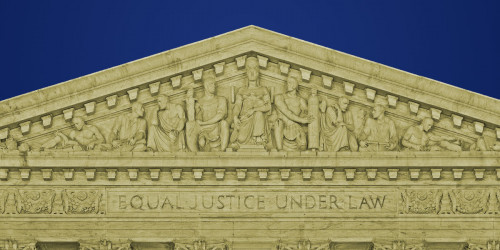Something is amiss in Central Asia. Just last Friday, Kazakh news site Tengri News reported that officials from Kazakhstan's General Prosecutor's office were refuting earlier claims that prosecutors had filed lawsuits against Google, Facebook, and Twitter and that the lawsuits were, in fact, against local newspapers Respublika and Vzglyad.
Whether the claims from the General Prosecutor's office are true or not, the fact that government officials are attempting to shut down opposition media is cause for alarm. Kazakhstan—never a beacon of free speech—has ramped up its efforts to control the Internet over the past few years. Nearly one year ago, the government cut access to communications in the western province of Zhanaozen. Then, in February, our friends at the Tor Project reported that Kazakhstan had "upgraded" its censorship capacity to deep packet inspection (additional information from Tor here). And just a few months later, it emerged that Swedish telecom giant TeliaSonera had sold high-tech surveillance gear to Kazakhstan, among other countries.
The latest crackdown targeting independent opposition media is condemnable. As Kazakhstan is one of the new members of the United Nations Human Rights Council, its government's latest move is exceptionally alarming; we echo Reporters Without Borders in urging the court to reject the requests.
Bad news as well from Tajikistan where early this week The Next Web reported that the government has blocked access to Facebook, branding the social media site a "hotbed of slander." In an attempt to defend the decision, Tajikistan's Director of Communication Services Beg Zuhurov reportedly stated:
I received many calls from citizens of Tajikistan, asking me to shut down this Facebook as a hotbed of slander. Unknown people there insult the leaders of the state. They are apparently being paid well for that.
This is the second time that the Central Asian country has blocked access to Facebook; the first occurred in March 2012. As we stated at the time, Tajikistan's constitution provides that "state censorship and prosecution for criticism are forbidden." As such, EFF reiterates its call to the Tajik government to protect the dual rights to free expression and information.










